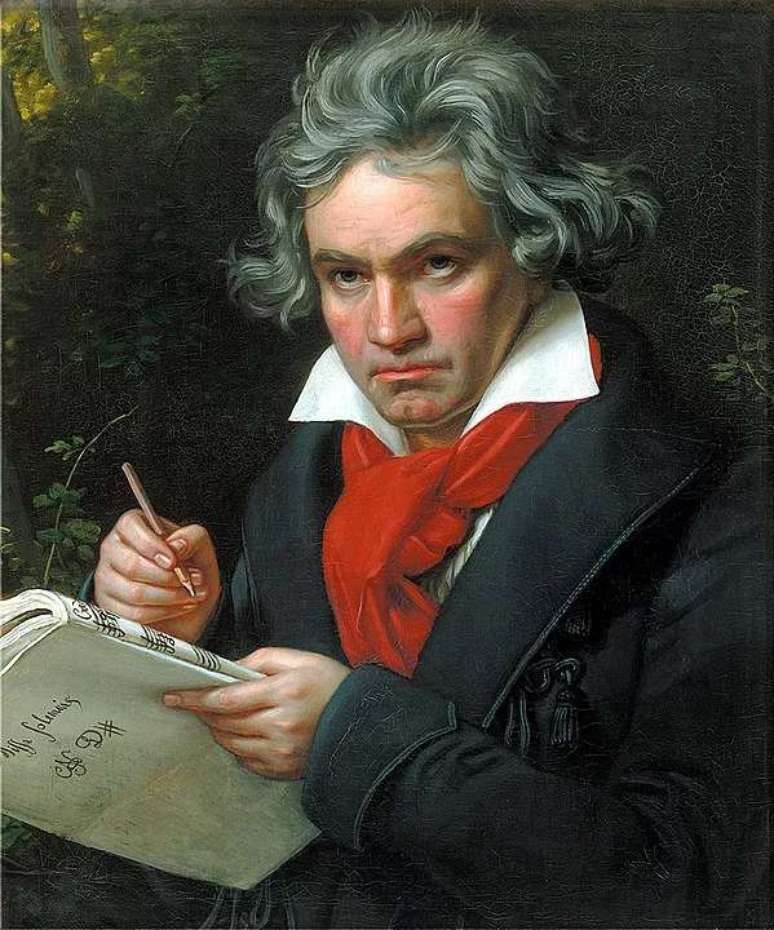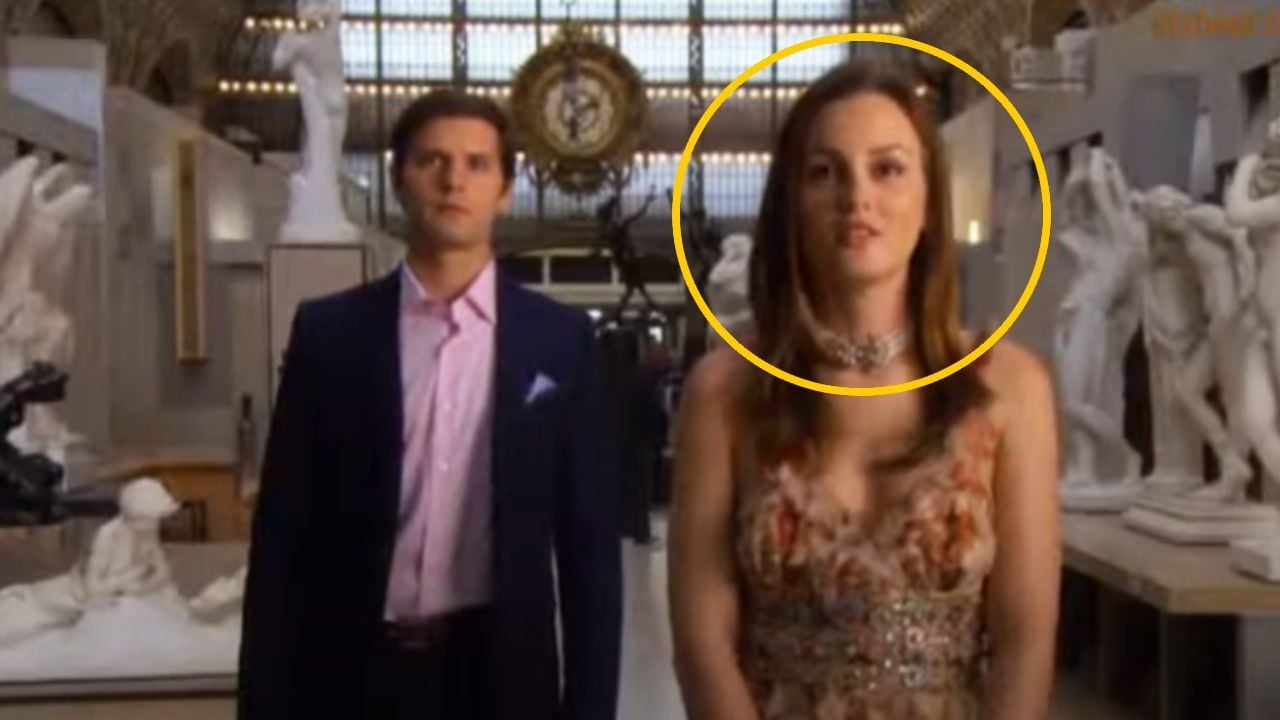-
A recent study by the Max Planck Institute for Empirical Aesthetics (MPIEA) investigated the influence of genetics on the musical talent of the legendary composer Ludwig van Beethoven (1770-1827).
Photo: Joseph Karl Stieler public domain / Flip
-
Researchers examined DNA found in a lock of Beethoven’s hair, trying to understand the genetic predisposition for certain behavioral traits.
Photo: Joseph Mahler – public domain / Flip
-
The research concluded that genetics alone is not sufficient to explain the composer’s musical genius.
Photo: Miroslaw Miras from Pixabay / Flipar
-
The study was conducted in collaboration with the Max Planck Institute for Psycholinguistics (MPI-PL), in the Netherlands, and published in the journal Current Biology.
Photo: Playback/Flip
-
The researchers analyzed Beethoven’s DNA for genes linked to musical ability, particularly temporal synchronization.
Photo: Peter from Pixabay / Flipar
-
They were surprised to discover that Beethoven had a genetic predisposition considered discreet for musicality.
Photo: freepik pvproductions / Flip
-
“Before carrying out any analyses, we pre-registered the study and emphasized that we had no prior expectations about how Beethoven would perform,” notes Laura Wesseldijk, lead author of the study.
Photo: Niek Verlaan from Pixabay / Flipar
-
“Our goal was instead to use the case as an example of the challenges of making genetic predictions about an individual who lived more than 200 years ago,” he explained.
Photo: simonschmid614 from Pixabay / Flipar
-
“Although predictions based on polygenic scores are expected to become more accurate in the future, it is important to remember that complex human characteristics, including musical abilities, are not determined solely by genes or the environment, but rather defined by their complex interaction . ”, concludes an excerpt from the study.
Photo: Ri Butov from Pixabay / Flipar
-
Ludwig van Beethoven was one of the most important composers of Western classical music. He was born in Bonn, Germany, on December 17, 1770.
Photo: Joseph Mahler public domain / Flip
-
He began studying music with his father at the age of five and soon demonstrated great talent. At the age of 12 he was already composing and performing professionally.
Photo: Christian Horneman – public domain / Flip
-
In 1792, at the age of 22, Beethoven moved to Vienna, Austria to study with Haydn and Mozart.
Photo: takeapic from Pixabay / Flipar
-
Beethoven quickly became a virtuoso pianist and acclaimed composer. His innovative and exciting works challenged the conventions of the time.
Photo: Jörg Janköster from Pixabay / Flipar
-
His career was marked by three distinct compositional periods: in the first, which ran from 1792 to around 1802, Beethoven mainly composed works in classical and early romantic styles.
Photo: public domain/Flip
-
At the age of 28 Beethoven began to suffer from hearing loss, which worsened over time. This condition isolated him socially and was a great source of suffering for the composer.
Photo: public domain/Flip
-
The second period, known as the “middle period” (1802-1812), was characterized by more dramatic and emotional works.
Photo: wikimedia commons Ferdinand Schimon / Flipar
-
During this period he composed his most famous symphonies, including the Third Symphony, also known as the Eroica Symphony, originally dedicated to Napoleon Bonaparte.
Photo: hornistjj from Pixabay / Flipar
-
The third period, running from around 1812 until his death in 1827, was when Beethoven moved away from the musical conventions of the time and experimented more with musical forms and structures.
Photo: wikimedia commons Rodrigo Pérez Fulloni / Flipar
-
Here he composed some of his most famous works, such as the Ninth Symphony, with his famous “Ode to Joy” in the last movement.
Photo: Anja from Pixabay / Flipar
-
Among the masterpieces of Beethoven’s mature phase we remember Symphony no. 5, Symphony no. 9 “Choral”, the Piano Sonata n. 14 “In the moonlight” and the opera Fidélio.
Photo: Ri Butov from Pixabay / Flipar
-
Beethoven was a perfectionist and could spend hours revising and rewriting his compositions. He was known for his explosive temper and his frequent arguments with patrons and fellow musicians.
Photo: public domain Emil Eugen Sachse / Flipar
-
Despite his deafness, Beethoven never abandoned his passion for music and continued to compose until the end of his life.
Photo: Isabella Quintana from Pixabay / Flipar
-
Beethoven died in Vienna on 26 March 1827, aged 56. He left an enormous legacy to music around the world. To this day, the musician is recognized and revered for his achievements.
Photo: wikimedia commons Afifa Afrin / Flipar
Share
Source: Terra
Rose James is a Gossipify movie and series reviewer known for her in-depth analysis and unique perspective on the latest releases. With a background in film studies, she provides engaging and informative reviews, and keeps readers up to date with industry trends and emerging talents.







